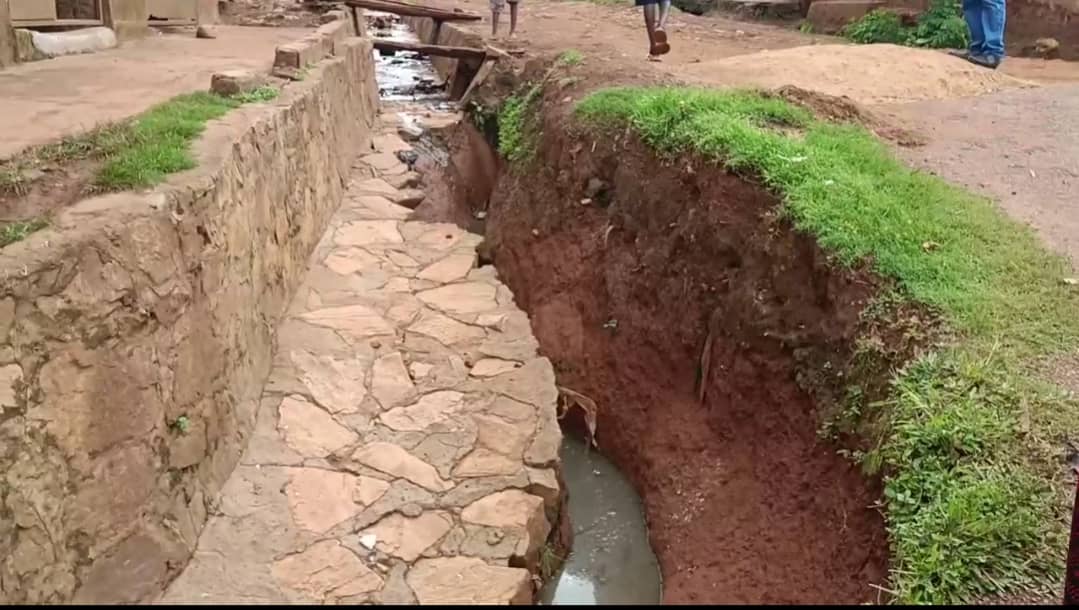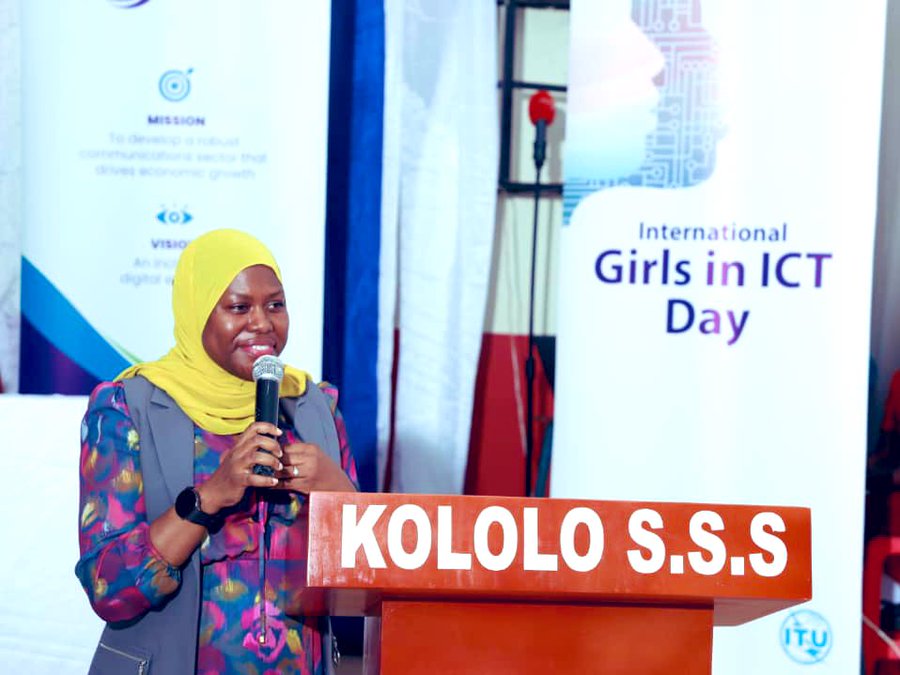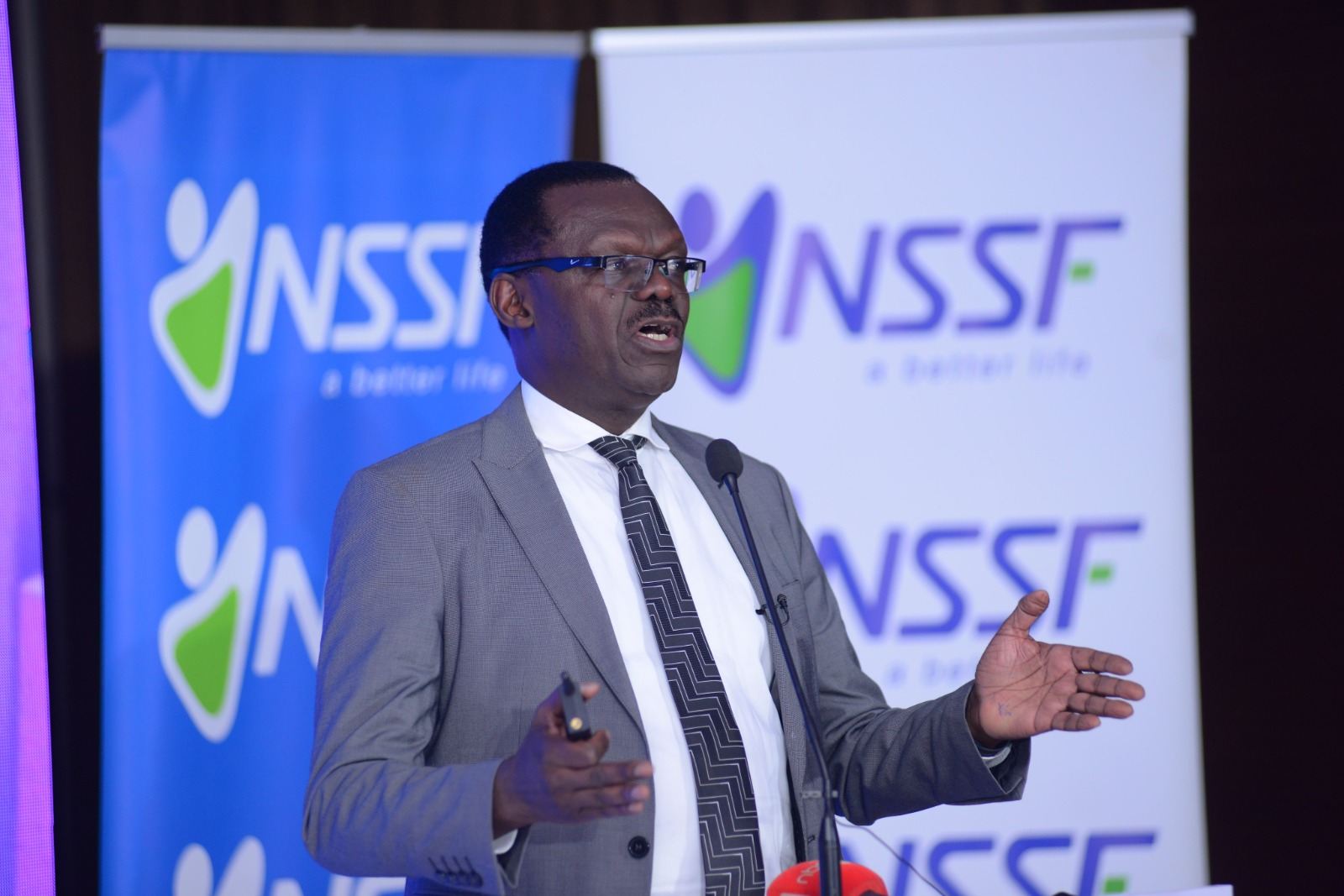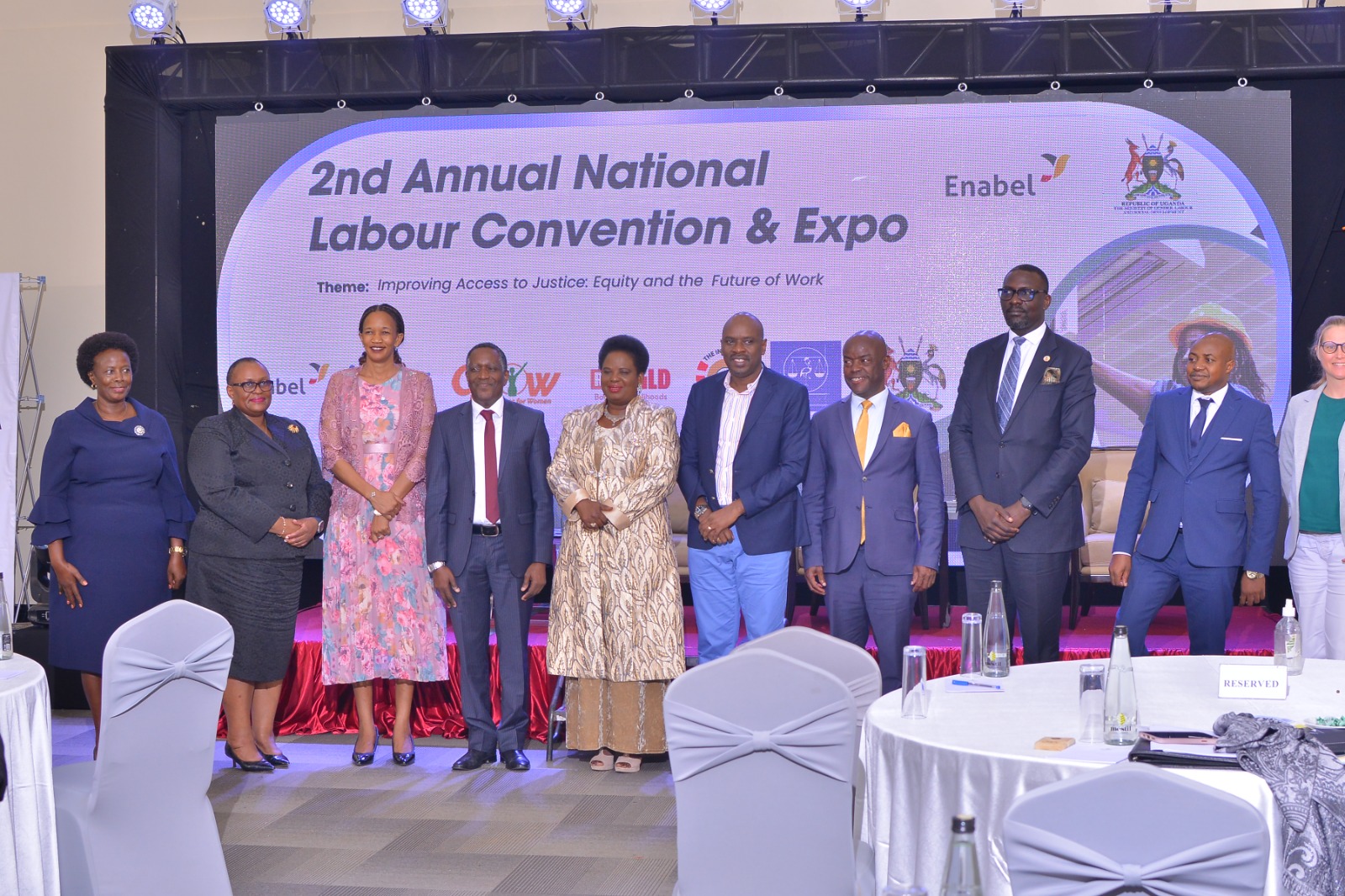KCCA Entertains Journalists; Revisiting Ethical Issues
| The dark-light of Journalism
Mable Twegumye Zake - @MableTwegumye
 Mable Twegumye Zake Mable Twegumye Zake
Upon one of my maiden test of practicing journalism during my internship @newvisionwire I encountered a senior journalist who in my brief assessment then I labelled the No-nonsense Journo. One day I was placed under his guide by then editor in chief John Kakande who instructed him to go with me to a workshop to cover a story. Its that day I go back to each time the subject of sources offering cash, gifts or hold events for journalists in appreciation for our service. At the entry to the workshop, we’d signed into the register so on exit we were handed the popular brown envelopes but he gave me his too! Inside I found the “clean cash”. I was excited, my eyes lit up though all they met were his strained eyes as he nodded away. When I asked him why he didnt take his share, he responded, “ whether I take it or not won’t matter I already know what to do, but do you?” A bit confused since I saw no harm in it, I wrote the story back in the newsroom , took it to him and he asked me if I was certain it was worthy of publication; I nodded in the affirmative. He simply told me it wasn’t and I should have been more keen on listening to be able to judge that during the workshop which he said had been a waste of our time. I was embarrassed but also worried about taking the envelopes, however, he disregarded it; advised me to go enjoy the cash since I hadn’t asked them to give it to me and if I wanted I could actually bring him up something to drink too! I admired his courage! Temptation may come wrapped in envelopes, even in glass from the sources who so wish for as long as their objective of having a few minutes on-air or in any publication comes to pass. However, like my labelled No-nonsense Journo, I will ask, do you know what to do when that happens? As he stated at the time that appreciation was useless since our ethical calling was to serve the people who depended on our truth of the story and worthiness of the news so we must never indulge and give in to pleasing the interests of what the story should be according to the news makers. If they so call it appreciation, then why think outside of that box plus no bother even if the story isn’t worthy so it shouldn’t go to press! Staying true to professional ethics is one of the hardest practices in every vocation because it is not only a symbol of excellence to your calling but also virtuousness to uplifting true belief of service attached to doing what’s right versus what’s wrong! It even makes it harder to achieve because the news makers priorities may differ from the journalistic principles. They will therefore devise all sorts of ways to lure them into their den to levels where journalists and the media owners at large pose this question; isn’t there a limitation to ethics? Its no wonder journalists are often labelled liars, traitors and treacherous when they choose the ethics and the profession over the relationships they created with their sources prior to getting the story. Different shades of journalists will wear different faces to reveal ground-breaking reports or to secure exclusive reports for which through these journeys, acquaintances and connections are founded. The only predicament is the ability for every journalist to define the kind of relationship created with a source on limitation that it shouldn’t affect their ethical judgement when the time to deliver to the profession takes effect. The source will in-turn expect to earn from this link through news delivery but what are the possibilities if the news isn’t worthy of a report or if the news is damaging? Unless you’re ready to make the right call on any kind of story, whether to write it because it genuinely deserves to be written, not to write it because it doesn’t make news or write it even when it is damaging though credible; then don’t bond with sources if it will compromise the ethics of journalism. I would rather you keep your distance and do your job free from conflicting loyalties plus also why conflict about the never ending invitations to organised events for the media or journalists if you know the right thing to do even when you attend? So @DaltonKaweesa some of us know what to do, do you? |
Ethics don’t make journalists, they make good journalists better
Dalton Kaweesa - @DaltonKaweesa
 Dalton Kaweesa Dalton Kaweesa
Let me first put a disclaimer. In this article, I will extensively quote Larry M. Bartel’s book; Politician and the Press: who leads , who follows.
A fortnight ago, it was reported that KCCA threw a party for journalists. The journalists, if one is to go by the facebook post of a certain female journalist who works for a local radio station, were overwhelmed by the love and hampers they walked away with. Before the food could settle into their stomachs, the professional Nazis pounced, proclaiming and swearing, how unprofessional those that attended the cocktail were. I quietly asked one of my friends working with the Namuwongo based newspaper, what front these journalists were being faulted ; responding to fete invite or actually some committing to work with the executive director. I followed the question with another scenario. Editors consume lots of food every time there is a meeting with the head of state, how come they are never condemned in the same measure like it is meted out on ordinary journalists. This being classic tale of carrot and stick approach. I find the narrative being fronted that this upclose compromises the journalists. I am among the few journalists who can raise the hand and assert never to have taken money from a news source. And I can say , in less than three years I will clock a decade in the trade.
The relationship between media and the state is as complex as any other social relationship , and reflects broader social interactions. Media relies on politicians for news and politicians rely on media for publicity much in the same way as sportsperson rely on fans for inspirational support and fans rely on sportspersons for pleasurable fulfillment.
This tells you that the relationship between politicians and journalist is as old as the wheel and no one can reinvent it. It is therefore erroneous to think that we can distance ourselves from functions of politicians and civil servants. In his book Larry M , says that in the societal strata politicians and journalists will have to vie for space in order to be relevant, and a hate –love relationship will define them. Any journalist worth the salt needs to claim their space. I have been friends with folks from the military, Intelligence, and politicians. We have dined and probably dated In the same circles, but does that interfere with my integrity, hell no. Often I have heard some scribes declare conflict of interest in some stories. This is a professional thing , a requirement for everyone. But again, like in the judiciary the conscience largely depends on the person in question. I look at things differently, actually if need be, I would invoke my powers and send a journalist to a story where they has conflict of interest. This becomes the litmus test on whether the journalist in the question can stand tall to the professional ethical standards. Fraternizing with the powers that be is , in my opinion wrong to weak journalists. This argument has taken me back to my days in the journalism class. The social responsible theory of journalism suggests media practitioners acting in a manner that is responsible without necessarily being policed by authorities. We do remember that this theory was fronted to counteract the democratic theory , which had failed in aspirations. Journalists like Mccombs writes should be of a certain pedigree that they are not easily swayed by small things. Of course I am alive to the pathetic conditions that journalist work in, making them vulnerable. But then the same narrative is defeated especially of one looks at the post independence and 1986 journalists like Kirunda Kivenjinja and Kintu Musoke. At the end of the day we will be counted on how we respond to tough times. |













